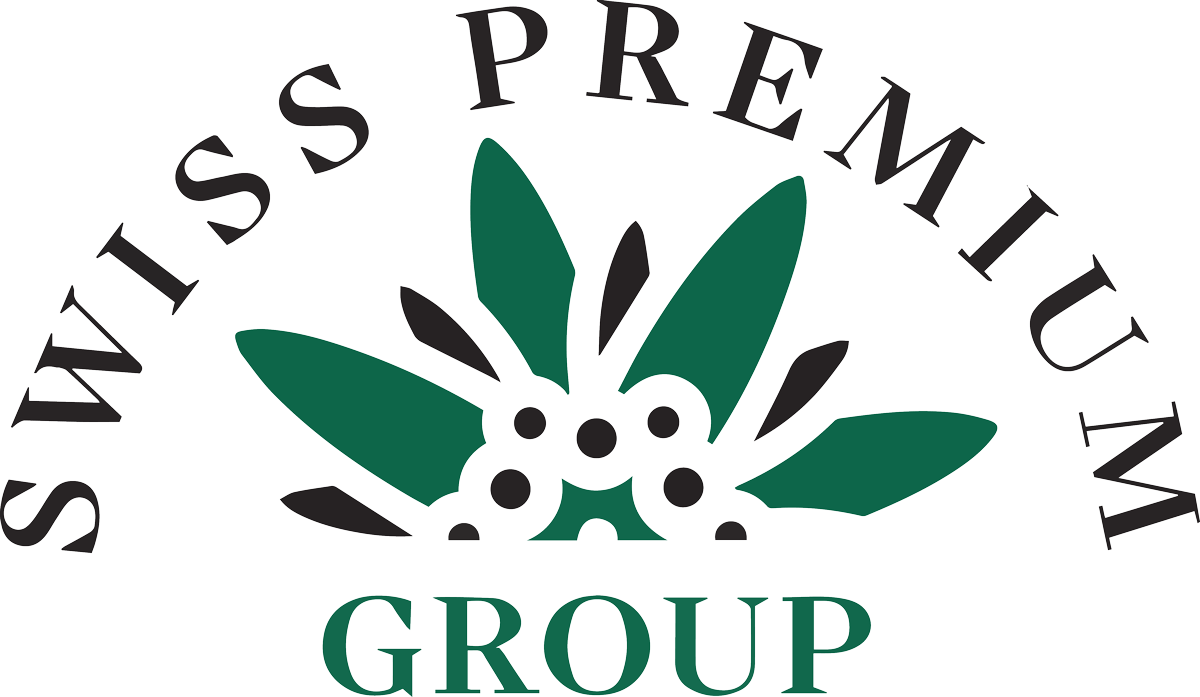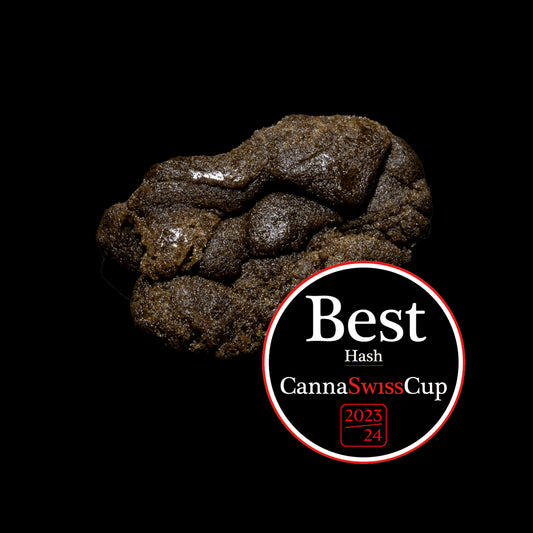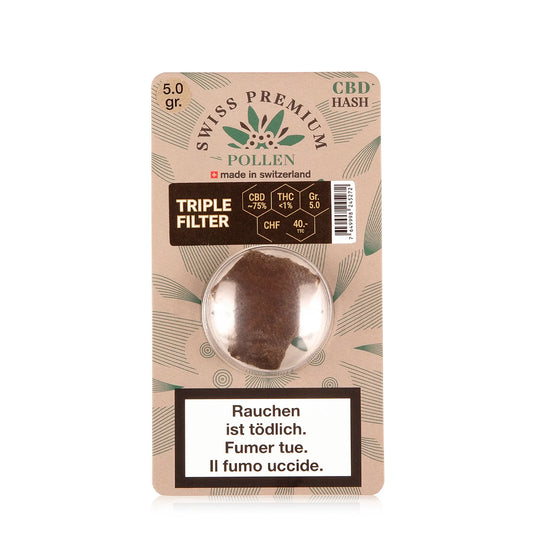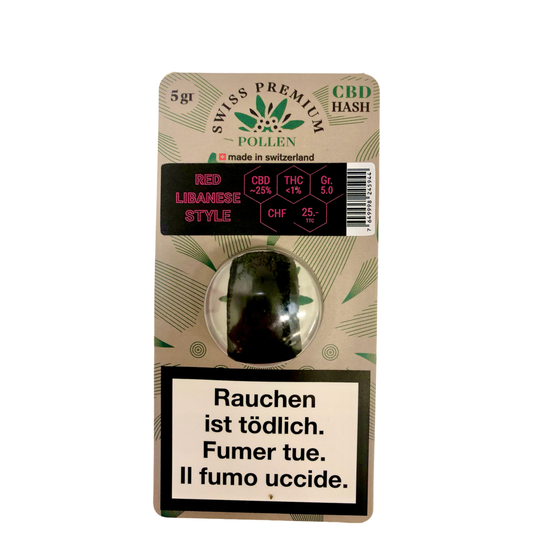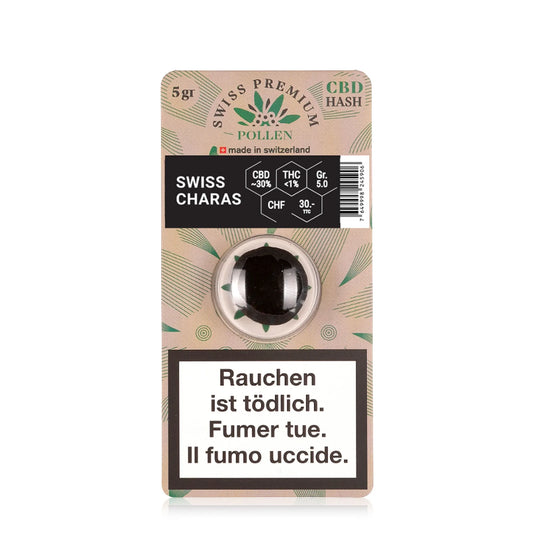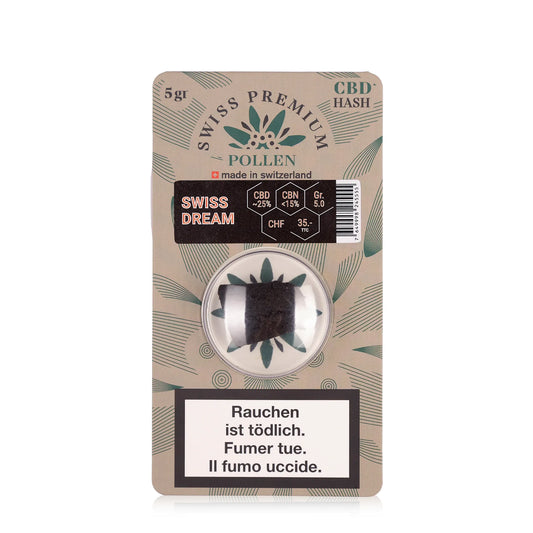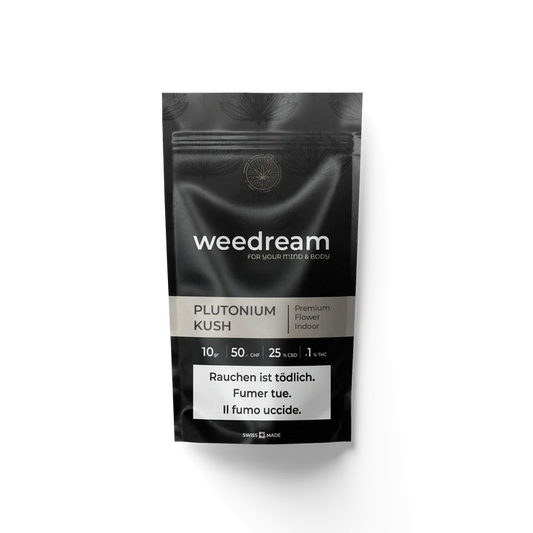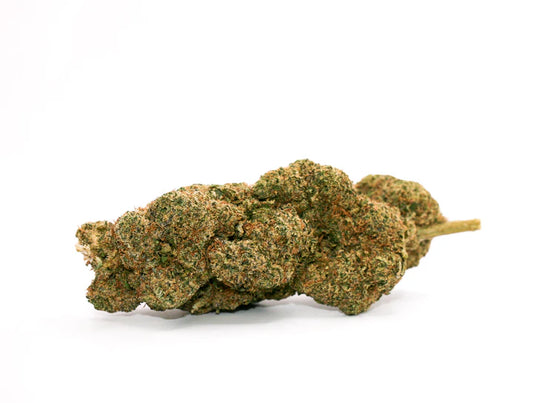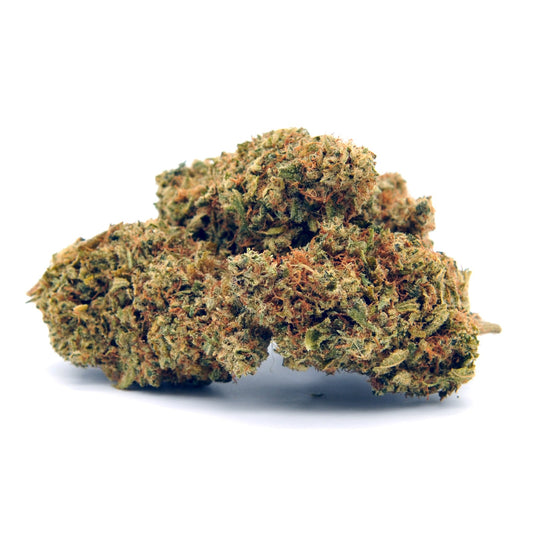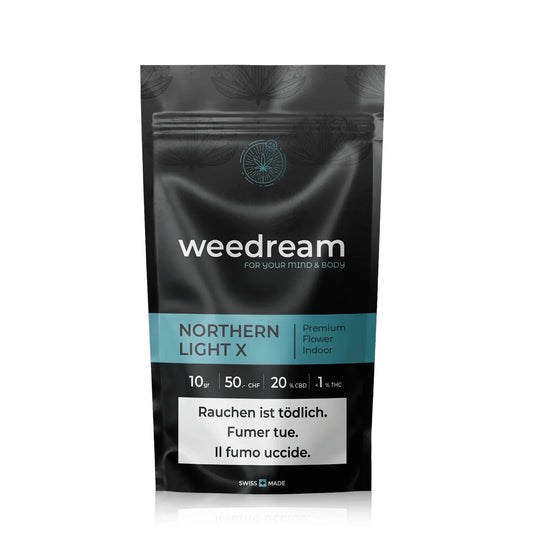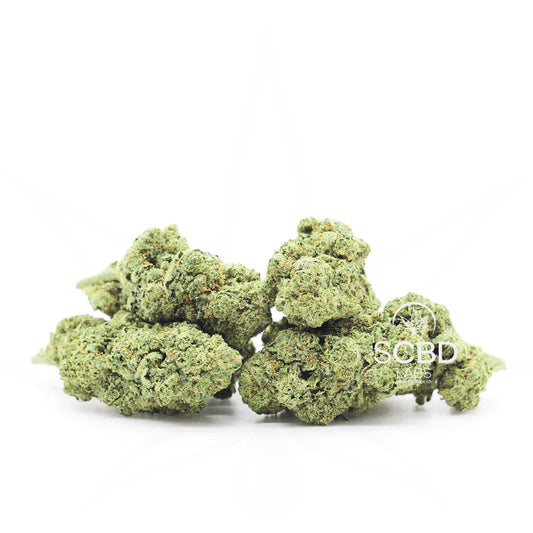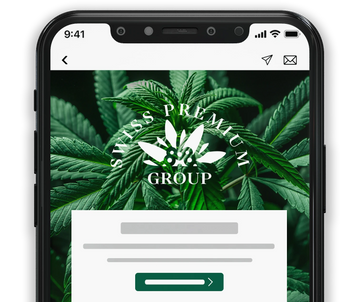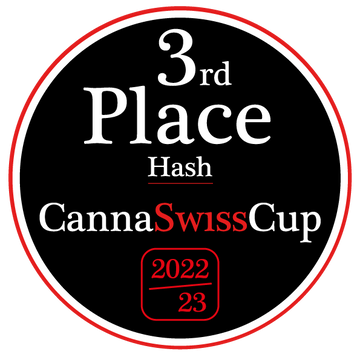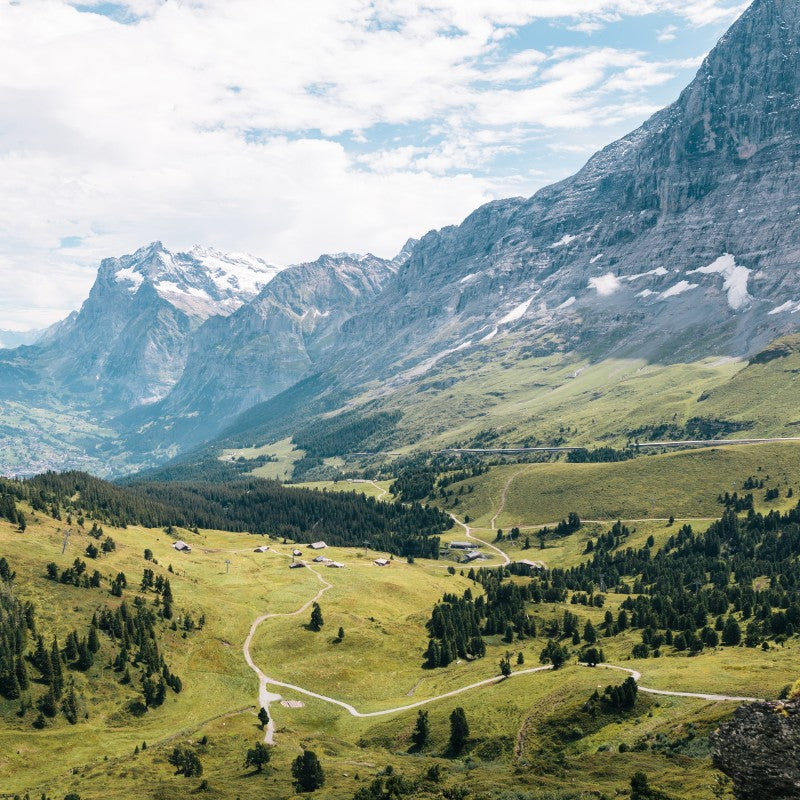Is CBD legal in Switzerland?
Introduction
Switzerland has more to offer than beautiful scenery and delicious cheese and chocolate. It’s regarded as one of the happiest countries in the world, likely because of its progressive laws. Thanks to changes in legislation their fruitful cannabis market has grown immensely. When it comes to CBD and cannabis regulation, the Swiss seem to be far ahead.
CBD and cannabis: What’s the difference?
To understand what makes cannabis a narcotic and CBD not, you have to understand what THC is. THC is the psychoactive ingredient in marijuana. This is what gives you feelings of euphoria and makes you stoned. Too much of this and you might not be able to drive, talk, or do anything properly. It has different effects on different people, but for the most part, it makes you spaced out. Understandably, high THC weed is now considered a narcotic. Luckily, different strains of weed are available. These have little to no THC, meaning you won’t get the unwanted psychoactive effects of weed. Medical cannabis is available to those who have a prescription from a physician.
CBD legality in Switzerland
CBD is legal to grow and use in Switzerland. So long as the THC levels do not exceed 1%. This amount is not enough to bring on any high, but it does add to the calming effect. CBD oils and products are freely sold in Switzerland, but there are certain regulations one has to follow. CBD restrictions are like those on tobacco. It falls under the classification of a "tobacco substitute".
To buy from a dispensary, you must be 18 years of age or older. CBD products cannot be advertised for their health benefits or labelled as medical products. The Swiss federal office of health advises that you stay away from driving if you’ve consumed CBD. While it is not illegal to do so, it is a sedative and can induce sleep. It's better not to step behind the wheels of a car.
Cultivation and sale of CBD in Switzerland
As mentioned before, the general public is not allowed to grow high THC cannabis. It is possible to gain a permit, but this will be for scientific research, drug development, or limited medical use. The cultivation of cannabis containing more than 1% THC could land you with a 20 year custodial sentence and some hefty fines. This is why it is important to understand the law. Industrial hemp cultivation became legal in 1995, but this is subject to legislation.
A permit is not necessary if you want to grow and sell hemp on an industrial level. You must still ensure that your product contains less than 1% THC and is not marketed for medical purposes. It is also a good idea to make your municipality aware that you are growing hemp products so you don’t step on any toes. Growing as an individual is far less restrictive, so long as you are not growing on any agricultural land. This means you can grow from the comfort of your home or garden, without the need for a permit. These relaxed laws have allowed many to enjoy CBD use.
The History of CBD in Switzerland
Decriminalisation of high THC cannabis in Switzerland goes back to 2001, and they finally got it right in 2008. Minor possession of cannabis is no longer a criminal act. This means that the cultivation and selling of high THC cannabis is still prohibited and is a criminal infringement. Fortunately, this does not apply if the THC level is less than one percent. Once it goes above one percent, it becomes an illegal narcotic. Anything below that falls into the CBD category, or "low-THC" cannabis. This makes it possible for the Swiss to enjoy the benefits that legal weed can offer without breaking any laws. These laws came into effect in 2017, allowing the sale and cultivation of CBD.
Can authorities tell if your cannabis crop has more than 1% THC?
Rapid tests are available to test a crop for its THC content. This means that authorities will immediately be able to tell once they have checked your crops. While cannabis laws are pretty lenient, if you are growing high THC cannabis, there will be penalties. You may incur fines, have your equipment revoked, or face harsher penalties in extreme cases. Your drivers licence may even be withdrawn until you can prove you are of sober mind.
What can the European Union learn from Swiss regulations?
The progressive laws in Switzerland have allowed for a booming CBD market. Their lenient laws have made it easy for it to become the CBD hub of the world. In 2016, the market was valued at CHF 60 million (USD 59.5 million). It is expected to grow by approximately 40% per year due to increasing demand. Clearly, Switzerland is paving the way, and the European Union will only benefit by adopting some of their laws. The Swiss provide clear guidelines for the cultivation and sale of cannabis, making it an easy market to expand. This regulation protects growers, sellers, and everyone in the middle.
Conclusion
Understanding the law will keep growers and sellers protected. Remember, cultivation is legal as long as THC levels are less than one percent. High THC cannabis is still illegal to grow and possess, so make sure you always get your seeds and products from reputable sources. This will keep you from any unwanted fines and prosecution. It’s always better to be on the safe side of the law!
The relaxation of CBD regulations was a welcome change to Swiss law. Allowing people to grow low THC weed has brought many benefits to the country. As laws continue to become more lenient, more people will begin to understand why CBD can be so effective. The CBD market is now thriving in Switzerland thanks to their hemp-friendly laws. It only makes sense to allow the general public to utilise the benefits of this wonder plant.
